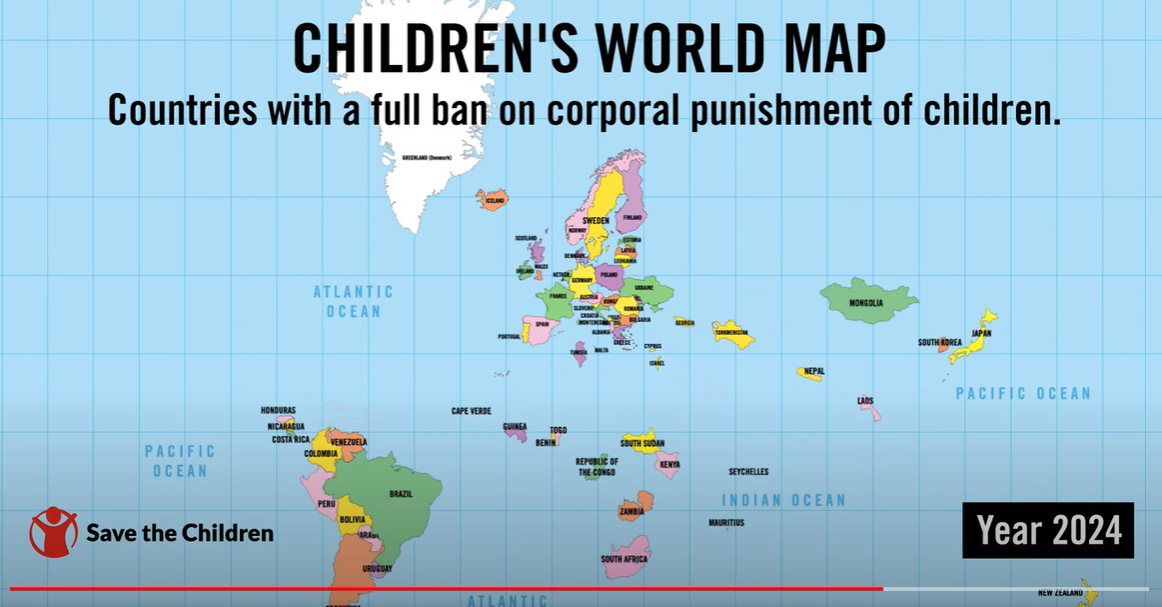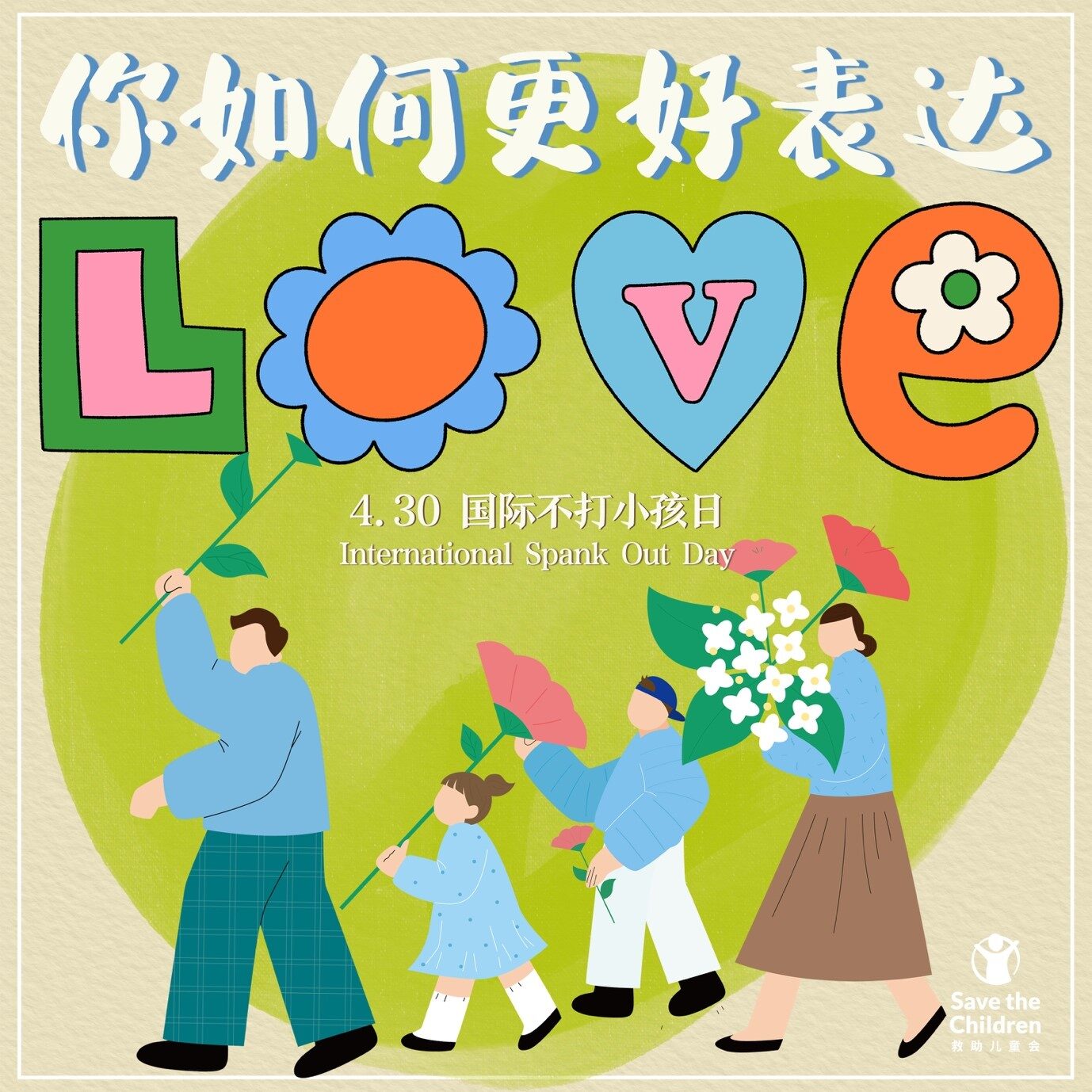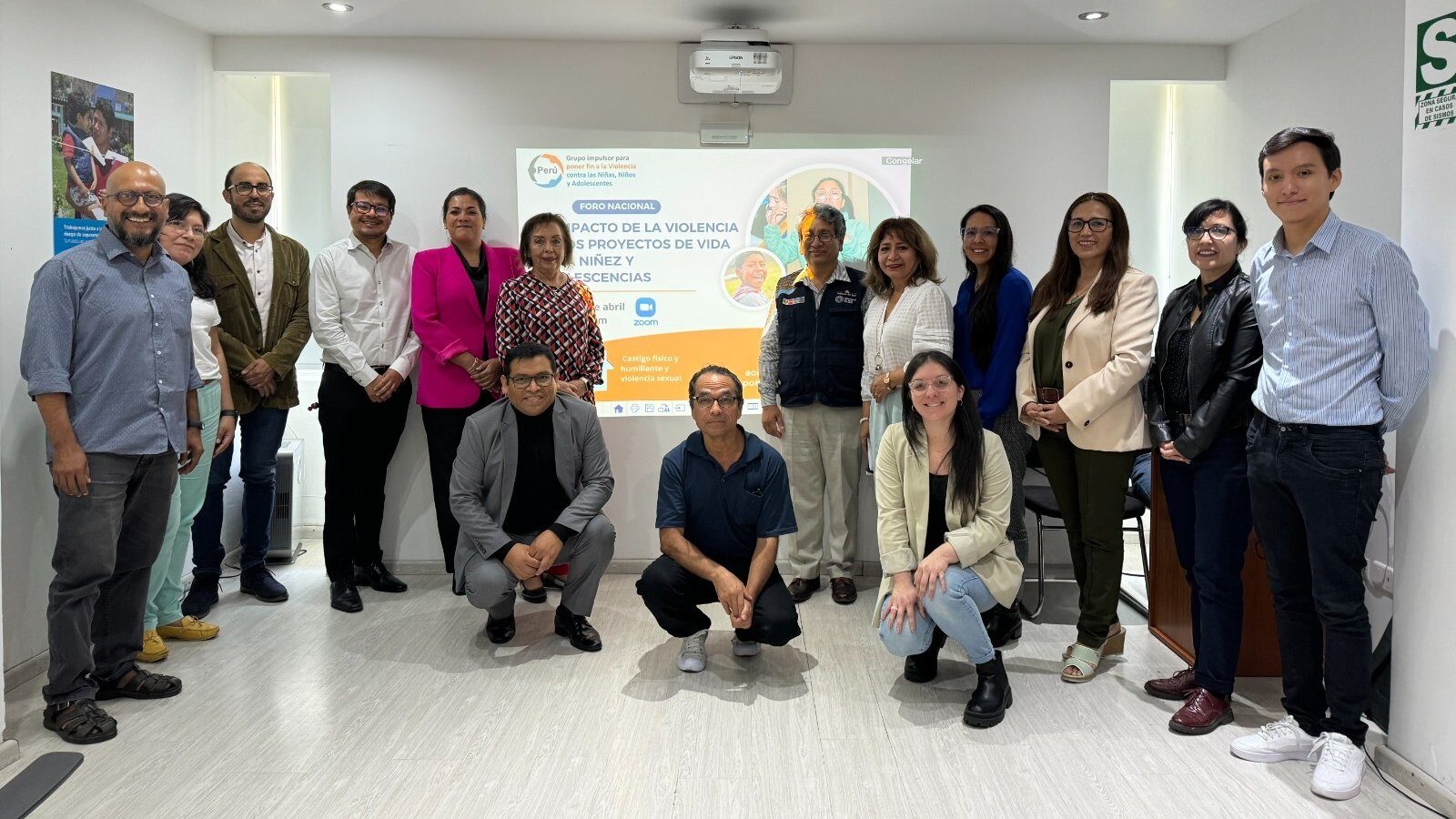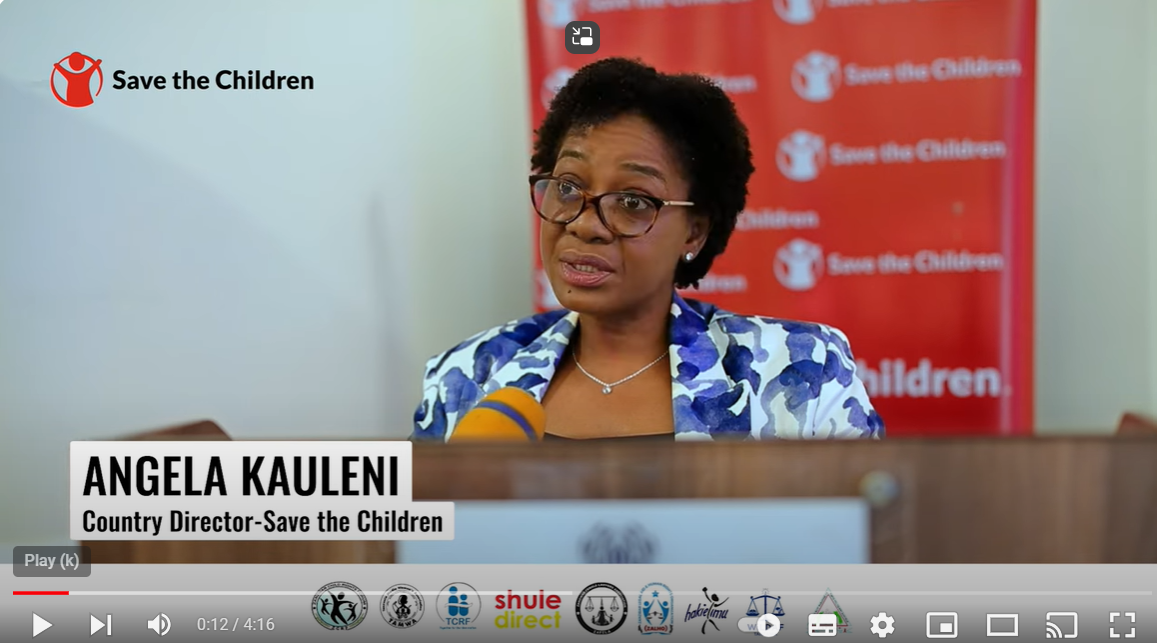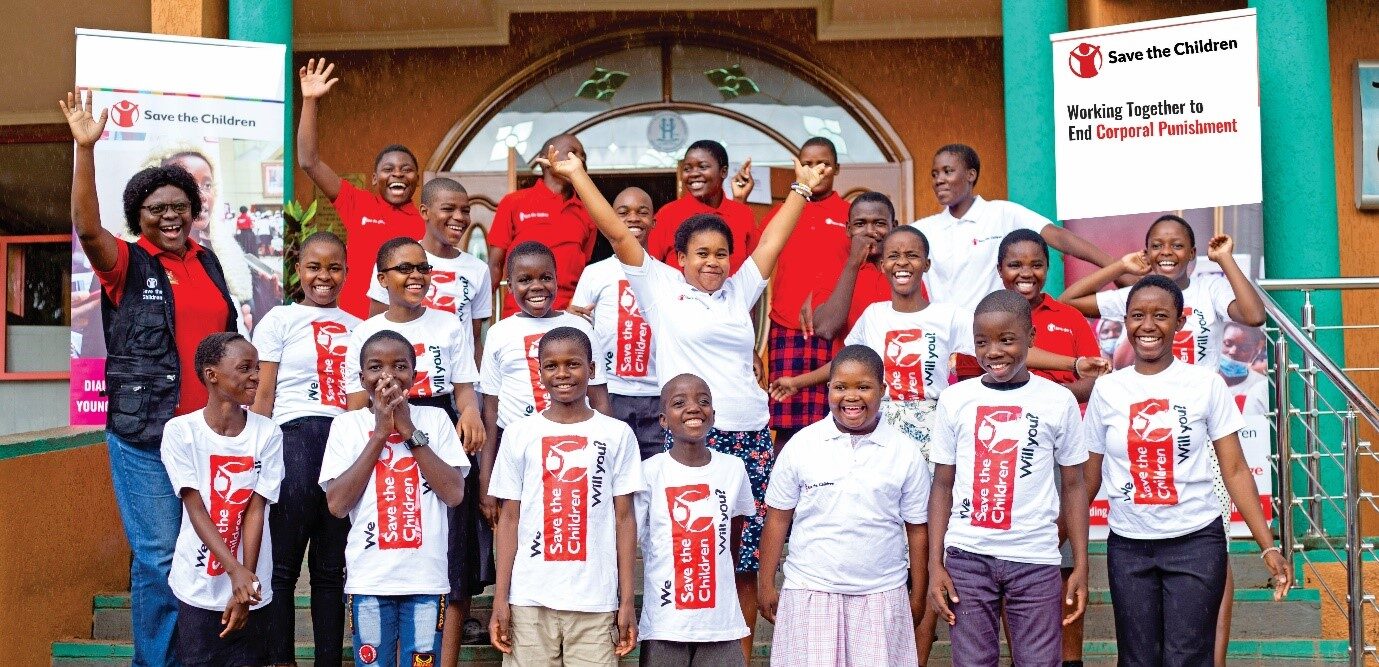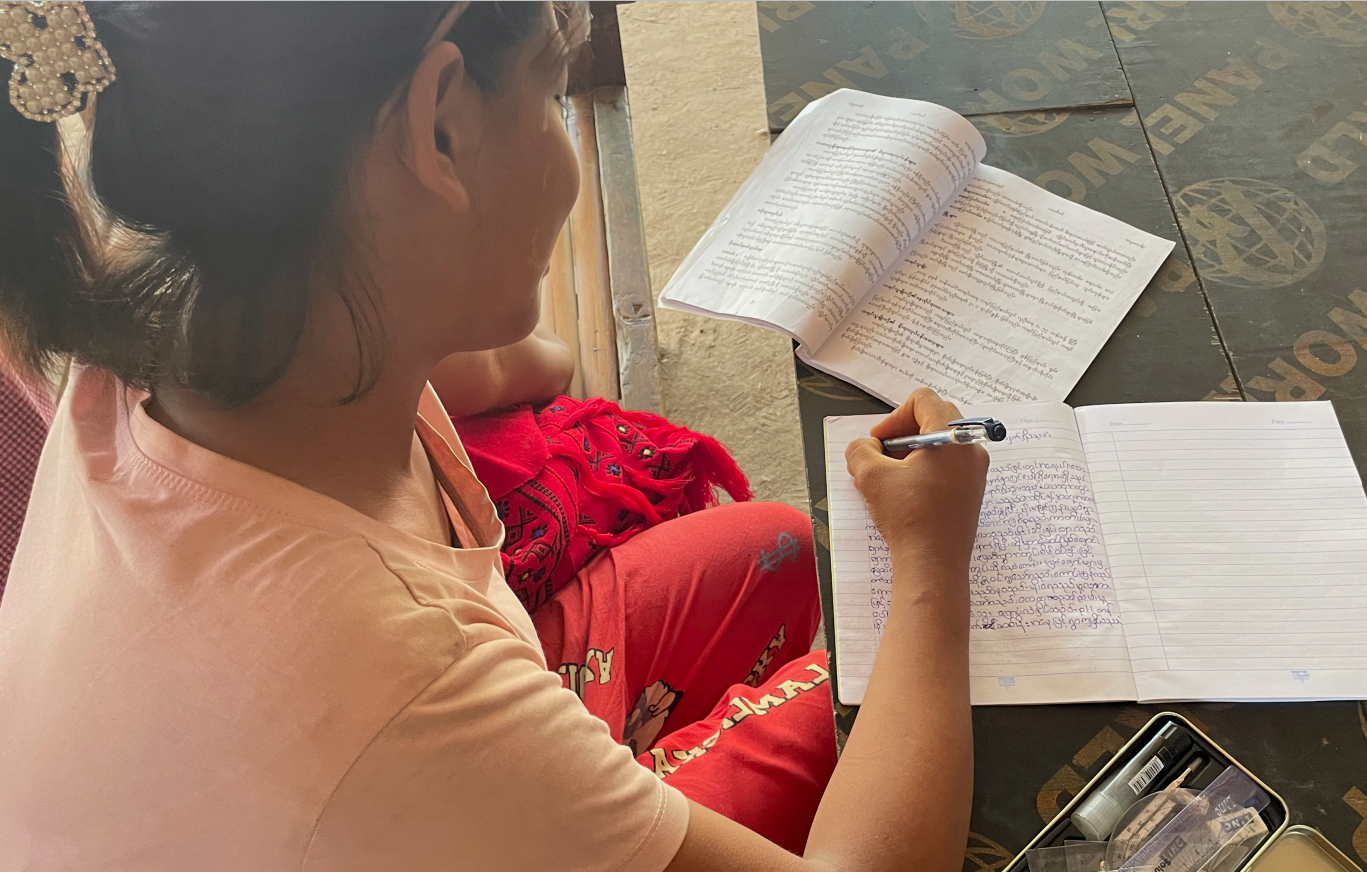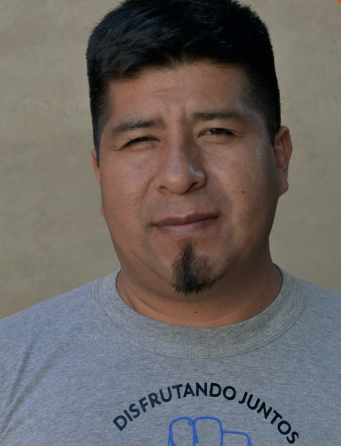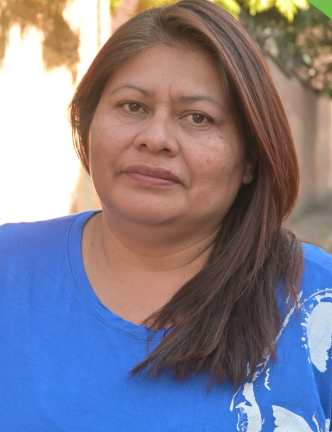Save the Children’s work towards ending corporal punishment of children
Save the Children's approach to ending corporal punishment
For the past 25 years Save the Children has been working towards eliminating all forms of corporal/physical and humiliating punishment of children in the home, schools and all other settings. Save the Children believes that banning such violence is essential to bring an end to all forms of violence against children as well as ensuring that national child protection systems have a clear legal foundation on which to base interventions. The existence of laws which authorise some level of punitive violence against children seriously undermine child protection systems and services. The only safe and just foundation for child protection is a legal framework in which all violence against children is effectively prohibited.
Save the Children’s approach to end all corporal/physical and humiliating punishment of children is to establish or strengthen rights-based national child protection systems that recognize the State’s responsibility and human rights obligations to children, and provide governments with coordinated and sustainable ways to protect children. Within this holistic approach Save the Children places emphasis on four pillars: Legal reform; Awareness raising for social change; Parenting/positive discipline; and, Child participation.
Save the Children Vision: The right of every child to a life free from violence, including all corporal/physical and humiliating punishment will be achieved.
Save the Children Aim: All societies will recognize all corporal/physical and humiliating punishment of children as violence against children, resulting in changes to legislation, social behaviour, attitudes and practices.
For information contact Dominique Plateau, Senior Advisor – Child Protection, Save the Children, Dominique.plateau@rb.se
At End Corporal Punishment we review and analyse global progress, legality, research and more. But we are a small team, and our international, national and local partners do so much of the work translating policy into action for children.
Save the Children is a global partner, working in multiple ways, contexts and countries to end violent punishment of children. They have kindly described their work to end corporal punishment, and we hope this summary is helpful to others.
Prioritising child participation in ending corporal punishment
The involvement of children in work on corporal/physical and humiliating punishment of children is central to Save the Children's child rights’ mandate. Children have a contribution to make and a right to be involved in all aspects of activities to end all forms of corporal punishment. The case for children’s participation is powerful:
- Children can provide a unique source of information and evidence about the nature and experience of all forms of punishment.
- Children can provide insights into the complexities of their social lives, the dilemmas they face and the choices they make which adults may not see or want to see.
- Children can be highly effective and influential advocates, bringing an immediacy and force to the issue.
- Children who are empowered are more likely to feel confident to speak out and protect themselves from violence.
- The active involvement of children can make their issues more visible, which improves the accountability of the duty bearers towards children’s vulnerability and helps end the silence which has allowed children to be exploited and abused for so long.
- Children may be able to identify effective and positive disciplinary measures.
Children have motivated their parents and villagers; they have made lots of positive changes… Children’s committees for village development can enable children to participate with adults in making the education system function without using any forms of corporal punishment.
Executive Education Councillor, Local government official, Ladakh, India
Save the Children’s advocacy in support of the International Day to #EndCorporalPunishment
Save the Children is a committed partner in promoting advocacy surrounding the International Day to #EndCorporalPunishment on 30 April. In 2024 the organization highlighted the need for greatly accelerated progress in order to end all violent punishment of children by the SDG deadline of 2030.
At a country level, many Save the Children offices use the opportunity of the International Day to highlight efforts to end corporal punishment of children.
China
In 2024 the Family Protection Project Team of Save the Children China Country Office carried out an online campaign “Love, not Spanking” which encouraged positive expressions of love in the family. The campaign incorporated short testimonies into beautiful poster designs to show positive expressions of “love” to the public. The campaign was conducted on the social media channels WeChat and Weibo, in collaboration with fourteen esteemed civil society organizations dedicated to child welfare. Read more about the 'Love, Not Spanking' campaign.
Peru
Within the framework of the International Day against Physical and Humiliating Punishment, the Ending Violence against Children Group (GIVNNA), held a National Forum: ‘The Impact of Violence on the Life Projects of Children and Adolescents’. Representatives from different Peruvian ministries (Women and Populations, Development and Social Inclusion, and Health), together with Save the Children and other civil society organizations, discussed progress and challenges in the protection of the rights of girls and adolescents. Find out more here.
Zanzibar, Tanzania
Save the Children's efforts to promote positive parenting have reached thousands of households in Zanzibar. As part of commemoration of the International Day to #EndCorporalPunishment Save the Children together with Jamii Forum organized an online national dialogue through X space (Twitter Space) where more than 3000 people participated to discuss the impact of corporal punishment and alternative approaches to discipline in school. Save the Children announced plans to launch a new National Coalition on Ending Corporal Punishment in Tanzania. Read about Save the Children’s work and impact in ending corporal punishment in Zanzibar.
Malawi: A two-pronged approach - advancing positive parenting and legal reforms to end corporal punishment
Facing high levels of violent discipline in homes, Save the Children Malawi has taken a comprehensive two-pronged approach to address the issue; championing social behavioural change alongside advocating for law reform, in a bid to achieve a ban on corporal punishment of children in all settings.
Save the Children, in collaboration with the Ministry of Gender, Community Development, and Social Welfare, embarked on a journey to promote positive parenting which also addresses physical and humiliating punishment of children.
Simultaneously, Save the Children actively engaged in efforts to effect legislative changes. Through persistent advocacy, government stakeholders were spurred into action, leading to the ongoing process of amending the Education Act and the Childcare Protection and Justice Act to prohibit corporal punishment in both school and home settings.
Read how Save the Children Malawi is championing a future free from violence against children.
When a country bans corporal punishment, it is a victory for child rights. It sends a clear message to caregivers and policy makers around the world, that we no longer tolerate violence against children. The International Day to End Corporal Punishment is on 30 April and Save the Children will be calling for urgent prohibition in all settings. In countries where this has already been achieved, we will call for the continuous monitoring of the law’s enforcement as well as commitments to supporting families.
Steve Miller, Global Director Child Protection, Save the Children International
Ending violent punishment through the Safe Families parenting programme
- Social workers, teachers and other professionals who work with and for children and their families/caregivers can prevent, detect and respond to violence against children
- Trained parents and caregivers develop supportive, non-violent relationships and effective communication with their children through the use of positive discipline techniques
Save the Children’s Safe Families universal parenting programme aims to fundamentally change the way parents view children, transforming a relationship of power and control, to a relationship focused on mutual understanding and problem solving. This structured and systematic approach helps build a protective environment around children and is being implemented in 40 countries worldwide.
Safe Families is one part of Save the Children’s four-pronged strategy to end violence against children, in combination with advocacy for law reform to prohibit corporal punishment, and increased resources for child protection systems.
Read the global 2023 Evidence Review of Safe Families
Nepal
The Safe Families session has brought significant positive changes among parents, as they now understand that punishing children is not an effective way to enforce discipline. Initially, children were fearful and reluctant to attend school. Sometimes, parents did not allow their children to go to school and instead asked them to help with household chores. However, after attending the session, parents have learned how punishment negatively affects their children.
A mother from Saptari, Nepal
Zambia
Three Zambian case studies illustrate the impact of the Safe Families approach:
- Patson*, 10-Year-Old Boy: “My mother no longer beats me, we talk.”
- Joe* 13, boy: “I am happy my father has stopped hitting me.”
- Chileshe*, 19-year-old girl: “I will be a better parent to my child.
Bolivia
Testimonials: Ronald Silvestre, Promotor comunitario voluntario de Safe Families and Ángela Añez, Promotora de la zona Minero Alala at Save the Children Bolivia talk about putting the Safe Families approach into action in Bolivia.
Ending violence against children in and through education
- State authorities and other relevant duty bearers are actively engaged in implementing a comprehensive, well-coordinated and well-resourced national strategy to prevent and respond to violence against children in all forms, with a clear reference to the prohibition of physical and humiliating punishment
- Confidential and child-friendly complaints, reporting, referral and counselling services for cases of violence, including physical and humiliating punishment, must be available and accessible to children in all settings including schools.
Sierra Leone: Breaking the Chain: Ending Corporal Punishment in schools
Save the Children Sierra Leone describe the journey to prohibition and elimination of corporal punishment in schools, including advocacy initiatives, the many factors in achieving legislative progress, and the ongoing challenge to address acceptance of violence in other spheres of children's lives and limited resources for effective enforcement.
Myanmar
Two case studies illustrate an integrated programme focusing on children’s learning and safety in schools, protection of children against violence, and child rights.

